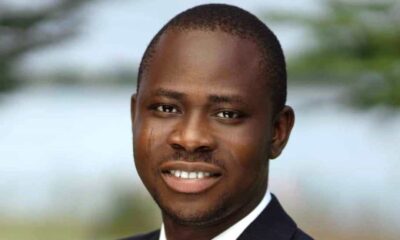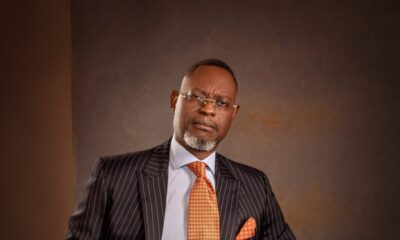News
Ezekwesili promises 24 hours nationwide electricity if elected President


The presidential candidate of Allied Congress Party of Nigeria (ACPN), Dr. Obiageli Ezekwesili, has assured Nigerians of development in the power sector if she wins the 2019 election.
She added that uninterrupted power supply would be witnessed in the country.
Ezekwesili in a statement on Sunday in Abuja said that the electricity industry would be developed to employ more youths.
She said: “From 1999 till date, all the projections made by successive governments to grow the supply of electricity to Nigerians, to either 6,000MW, 10,000MW or 20,000MW, have not been met. The Nigerian citizens’ desire and willingness to pay an appropriate price of electricity consumed is seen in the great demand for generators of all shapes and sizes, and how much they pay to operate and service these machines.
“The low power availability from the National Grid has meant that corporate entities have to divert large amount of funds from their core productive areas of focus to this critical area of reliable power supply. The price of this is paid in not being competitive and great loss of production capacities, which further impoverishes the populace.
“Our vision is to provide sustainable, affordable and uninterrupted electricity supply to all Nigerian towns and villages, starting with Nigerian cities. Our vision is to ensure that the Nigerian electricity supply industry becomes fully functional, vibrant and employs hundreds of thousands of young Nigerians, in both the on-grid and off-grid segments.”
The ACPN presidential candidate also said: “Our immediate goal is to provide the following Nigerian towns, cutting across the following six geo-political zones of Nigeria: Lagos, Kano, Enugu, Birnin Kebbi, Aba, Minna, Gombe, Lokoja, Gusau, Jos, Yola, Abuja, Ilorin, Benin, Owerri and Ijebu-Ode with 24-hours, 365 days-a-year electricity within the first four years of our administration.
“The other cities to benefit from this are Calabar, Katsina, Benin, Warri, Ibadan, Ado-Ekiti, Maiduguri, Yenegoa, Damaturu, Osogbo, Bauchi, Port Harcourt, Kaduna, Sokoto, Akure, Makurdi, Dutse, Abakaliki, Uyo, Jalingo and Onitsha. The rural areas proximate to the towns will also enjoy the services.”
The presidential candidate explained that stable electricity would aid business growth in Nigeria.
She noted that challenges causing underperformance would be addressed when she emerged.
“This electricity will be aimed at facilitating and growing business, commercial and industrial activities, in a drive to create jobs and increase productivity. Nigeria’s per capita electricity consumption is among the lowest in the world and far lower than many other African countries.
“The plan that will be executed for the power sector recognises that the Nigerian power sector is in transition from a government to a private-sector owned and operated industry; therefore, facing challenges, which include, political interference, lack of elective leadership, financial issues, distribution issues, transmission issues, gas supply issues, and generation issues,” Ezekwesili said.
She added: “These issues account for the consistent underperformance witnessed in the last 58 years and will need to be seriously tackled if the potential of the Nigerian power sector is to be realised. To get electricity right, thus rapidly improve electricity performance and delivery gap to Nigerians, this plan outlines the change in approach that the administration will adopt.”












